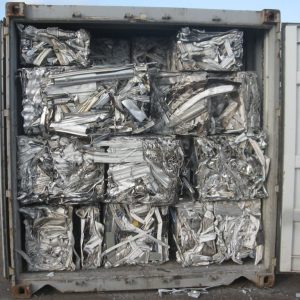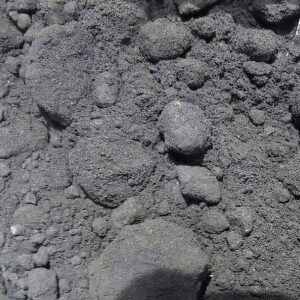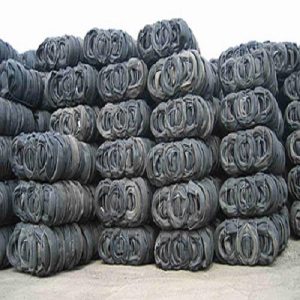Description
Scrap Tyres: Turning Waste into Valuable Resources
Scrap tyres create significant challenges for waste management systems across the globe. Every year, drivers and industries discard millions of used tyres, putting pressure on landfills and harming local environments. However, with rising awareness of sustainability, many now view scrap tyres as a resource rather than a problem. By recycling them, industries can reduce waste and support eco-friendly innovation.
What Are Scrap Tyres?
Scrap tyres are worn-out or damaged vehicle tyres that can no longer be used safely. These tyres come from cars, trucks, buses, and heavy machinery. Although they are no longer roadworthy, they still contain valuable materials such as rubber, steel, and textile fibres. Instead of sending them to landfills, companies collect and process them into new, useful products.
Environmental Concerns
Scrap tyres pose serious environmental risks. For example, they take decades to decompose and can catch fire easily. Moreover, they collect rainwater, creating breeding grounds for mosquitoes and other pests. As a result, many governments have introduced strict regulations and recycling mandates to prevent environmental damage.
How Do We Recycle Scrap Tyres?
Companies use several methods to recycle scrap tyres, each with specific advantages:
-
First, mechanical recycling shreds tyres into rubber crumbs or granules. These materials, in turn, become playground surfaces, sports fields, and flooring.
-
Second, pyrolysis heats tyres in low-oxygen environments to extract oil, gas, and char. Consequently, industries can use these by-products as fuel or raw materials.
-
Third, retreading adds new tread to used tyre casings. This approach extends tyre life and reduces the demand for new products.
-
Finally, civil engineering projects use shredded tyres in road foundations and drainage systems, improving stability and reducing noise.
What Are the Benefits?
Recycling scrap tyres offers both environmental and economic benefits:
-
To begin with, it keeps tyres out of landfills and reduces pollution.
-
Additionally, it saves energy by reducing the need for raw material extraction.
-
Furthermore, it creates jobs in tyre collection, processing, and manufacturing.
-
Most importantly, it supports a circular economy, where materials stay in use longer and waste is minimized.
Common Uses for Recycled Tyres
Recycled scrap tyres serve many practical uses across industries:
-
For instance, they are used in playground surfaces and running tracks.
-
In addition, rubberised asphalt improves road durability and reduces noise.
-
Some companies use shredded tyres as mulch or landscaping material.
-
Others convert pyrolysis oil into industrial fuel.
-
Moreover, recycled rubber goes into padding for carpets and furniture.
Conclusion
In summary, scrap tyre no longer have to be an environmental burden. By recycling and repurposing them, industries can reduce waste, conserve resources, and produce useful materials. As awareness of sustainability grows, scrap tyre are playing an increasingly important role in building a cleaner, more efficient future.





